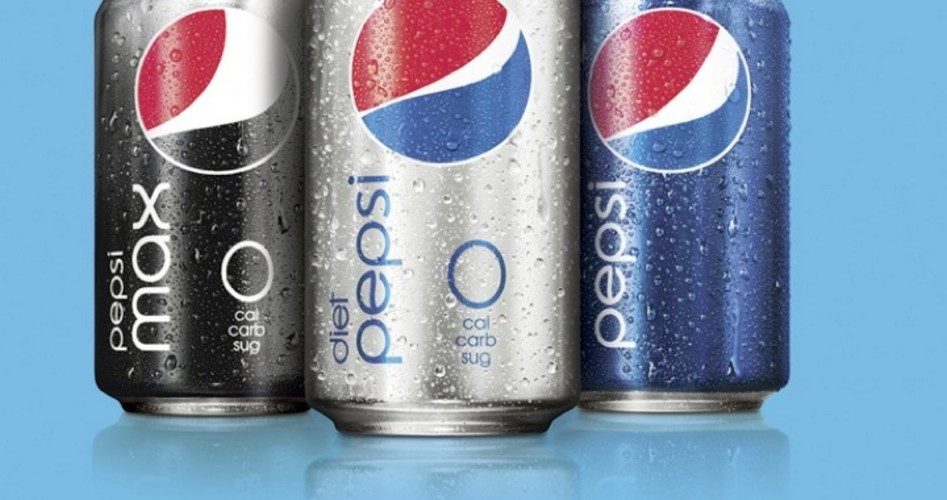
A pro-life leader has won a victory in her efforts to convince soft-drink manufacturer PepsiCo to stop the use of aborted fetal cells in its research for enhancing the flavors of its products. Debi Vinnedge, executive director of Children of God for Life (COGFL), announced that in late April she had received a letter from Paul Boykas, PepsiCo’s vice president for Global Public Policy, confirming that the company will not allow the use of HEK-293 — a cell line derived from human embryonic kidney — in its partnership with Senomyx, the company with which it had inked a four-year, $30 million contract for flavor research.
As reported last November by The New American, a PepsiCo shareholder had filed a resolution with the Securities and Exchange Commission in an effort halt the company from contracting with Senomyx, which, according to documents collected by Vinnedge, used cell lines derived from aborted babies in its process of producing artificial flavor enhancers. According to a report by LifeNews.com at the time, Pepsi had “ignored concerns and criticism from dozens of pro-life groups and tens of thousands of pro-life people who voiced their opposition to PepsiCo contracting with biotech company Senomyx even after it was found to be testing their food additives using fetal cells from abortions.”
But after a nearly year-long campaign led by COGFL that included a nationwide boycott of PepsiCo products, in late April Boykas sent a letter to Vinnedge assuring her that PepsiCo would not “conduct or fund research — including research performed by third parties — that utilizes any human tissue or cell lines derived from embryos or fetuses.” Boykas also assured Vinnedge that “Senomyx does not use HEK cells or any other tissues or cell lines derived from human embryos or fetuses for research performed on behalf of PepsiCo.”
In response to the letter, Vinnedge said that she was “absolutely thrilled with PepsiCo’s decision. They have listened to their customers and have made both a wise and profound statement of corporate integrity that deserves the utmost respect, admiration, and support of the public.”
Vinnedge said that she had spoken personally with Boykas, who told her that in the process of internal discussions on the issue, company officials had recognized that it was not in PepsiCo’s best interest to continue a policy that could hurt customer relations. “We took the matter very seriously,” Vinnedge quoted Boykas as saying. “We have an official statement on Responsible Research and we intend to live by that policy.”
The policy, Vinnedge explained, “precludes any research by PepsiCo or third parties they fund from using human tissue or cell lines derived from embryos or fetuses.”
News of PepsiCo’s decision reverberated through the pro-life community. “We are grateful to PepsiCo, and especially to all those who sent a loud and clear message to the management of this company,” said Brad Mattes of Life Issues Institute, one of the over 30 groups that joined in the efforts to persuade PepsiCo to change its policy. He added that “there are moral cell lines Senomyx can and should be using — not just for PepsiCo research but for all their customers.” Vinnedge noted that such usable cell lines could easily come from animals, insects, or even non-fetal human cells that express the “G protein” relevant for taste receptors.
Vinnedge said that beyond its contract with PepsiCo, Senomyx, which receives royalties for products sold using its ingredients, needs to rethink its use of aborted fetal cells in flavor research. “If they do not use aborted fetal cell lines, they offend no one,” she said. “If they do, they most certainly offend at least half of U.S. consumers who are pro-life.” She said that “it only makes financial sense for both Senomyx and their collaborators to avoid a substantial loss of potential market. Senomyx needs to stop using the aborted fetal cell lines entirely and we will continue to pressure them to do so.”
The pro-life leader added that individuals and families who had boycotted Pepsi products over the issue should now write the company and thank its CEO for the ethical decision — “and then go buy your favorite Pepsi products to celebrate!” Vinnedge said that “too often we seem to focus on the negatives and forget to take the time to let others know we appreciate their efforts. It is our sincere hope that the public will once again rise to the occasion en masse as they did in the boycott — but this time in appreciation and support of PepsiCo.”
You can write to thank Pepsi on its website, or by mail to:
Albert P. Carey, CEO, PepsiCo Beverages
700 Anderson Hill Road
Purchase, NY 10577




